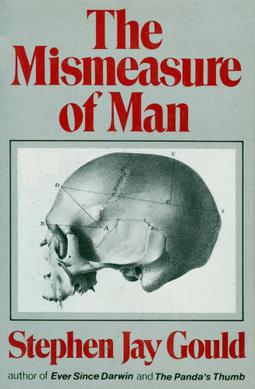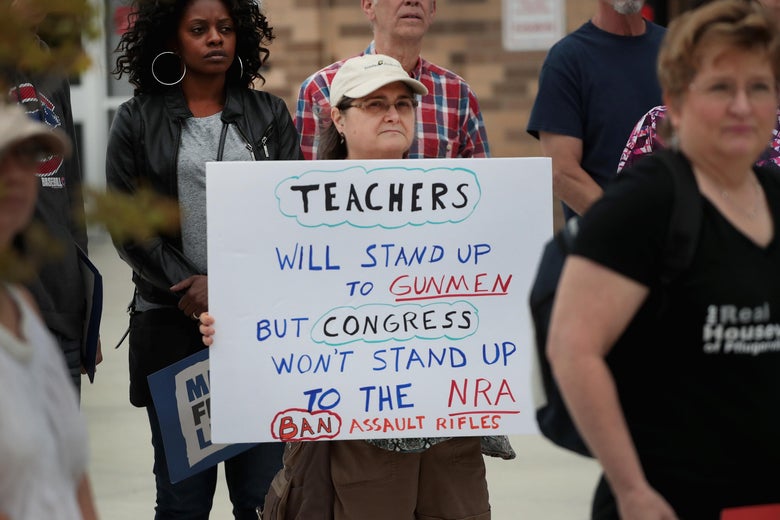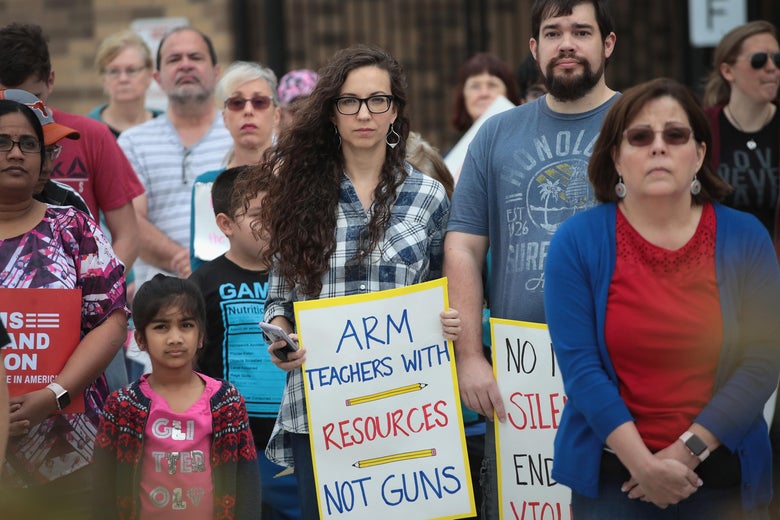Governor Jerry “Moonbeam” Brown pardoned 5 criminal illegal aliens whose crimes include (1) Kidnapping and Robbery (2) Badly beating wife and threatening a crime with intent to terrorize (3) Dealing drugs. Is this really what the great people of California want? @FoxNews— Donald J. Trump (@realDonaldTrump) March 31, 2018
All I have is Google:
California Gov. Jerry Brown on Friday pardoned five ex-convicts facing deportation, including two whose families fled the Khmer Rouge regime in Cambodia four decades ago.
The pardons don't automatically stop deportation proceedings, but eliminate the state convictions federal authorities based their deportation decisions on. That gives the men's lawyers strong legal arguments before immigration judges to try to prevent the deportations.
"The pardon does provide enormous benefit to immigrants facing deportation," said Anoop Prasad, an immigration staff attorney at Asian Law Caucus.
....
Those pardoned Friday included Sokha Chhan and Phann Pheach, both of whom face deportation to Cambodia, a country ruled in the 1970s by the genocidal Khmer Rouge. Chhan was convicted of two counts of misdemeanor domestic violence in 2002 and served 364 days in jail.
Pheach was convicted of possessing drugs and obstructing a police officer in 2005 and served six months in jail. His wife said he is in federal custody.
Also pardoned was Daniel Maher, who was convicted in 1995 of kidnapping, robbery and being a felon in possession of a firearm and served five years in prison. Maher is facing deportation to China.
Chhan, Pheach and Maher hold permanent U.S. residency but had exhausted all legal avenues to fight deportation, making Brown's pardons for them their last hope to stay in the U.S., Prasad said.
"This is a life-changing, enormous event," he said.
Also pardoned while facing deportation were Daniel Mena and Francisco Acevedo Alaniz, but their home countries were not immediately known. Mena was convicted in 2003 of possessing illegal drugs. Alaniz served five months in prison for a 1997 auto theft conviction.
Brown on Friday also commuted the sentences of 14 others convicted of crimes.
The governor is a former Jesuit seminarian and traditionally issues pardons close to major Christian holidays. Easter falls on Sunday.
Yes, it does, doesn't it?
But he wasn't through:
While we are on the subject, it is reported that the U.S. Post Office will lose $1.50 on average for each package it delivers for Amazon. That amounts to Billions of Dollars. The Failing N.Y. Times reports that “the size of the company’s lobbying staff has ballooned,” and that...— Donald J. Trump (@realDonaldTrump) March 31, 2018
...does not include the Fake Washington Post, which is used as a “lobbyist” and should so REGISTER. If the P.O. “increased its parcel rates, Amazon’s shipping costs would rise by $2.6 Billion.” This Post Office scam must stop. Amazon must pay real costs (and taxes) now!— Donald J. Trump (@realDonaldTrump) March 31, 2018
For a guy who screams about "fake news!" he sure does rely on it a lot; and generate it, too. First, where does he get that number? Not from the USPS:
The $1.50 figure comes from a Wall Street Journal op-ed, which cited a Citigroup analysis that the Postal Service loses $1.46 on each package it delivers for Amazon. But a Fortune Magazine report found that such a subsidy is due to congressional action that limits the postal service's ability to compete with companies like FedEx.
A Wall Street Journal op-ed in July 2017 by Josh Sandbulte, a money manager who closely watches the shipping industry, also suggested the Postal Service is probably effectively subsidizing Amazon and other online retailers.
Sandbulte’s claim is based on how the Postal Service sets its prices. USPS is not allowed to set prices so low that it loses money on delivering packages. (If it could, it could undercut competitors like FedEx or UPS.) But the formula for how it sets its prices was created by Congress in 2006, and doesn’t account for the fact that packages are a much bigger share of the USPS’s business than they used to be.
Sandbulte drew his conclusions based on a Citigroup analysis that suggested the average USPS parcel should cost about $1.46 more per package across the board than it does right now. (Sandbulte works for a firm that owns FedEx stock.)
That discount, if it exists, exists for all USPS customers. It’s just that Amazon sends a lot of packages.
Two other points about what is actually a complicated subjected (USPS finances, that is): contracts between USPS and entities like Amazon (it isn't the only one) are not made public, by law. And package shipments are actually a money-maker for USPS, who is losing money on first-class mail largely because of e-mail and on-line financial transactions (like paying your bills without using a stamp). So is that Citigroup analysis even accurate? Nobody really knows except USPS, and they aren't talking.
Oh, by the way:
The president's Saturday morning tweets came as his motorcade left his Mar-a-Lago estate, about 8:45 a.m, heading to his nearby golf course. The president is staying in Florida for the holiday weekend.That would be his 73rd or 74th time on the links in the 14 months of his Presidency; but who's counting?










/cdn.vox-cdn.com/uploads/chorus_image/image/59155681/914332148.jpg.0.jpg)






